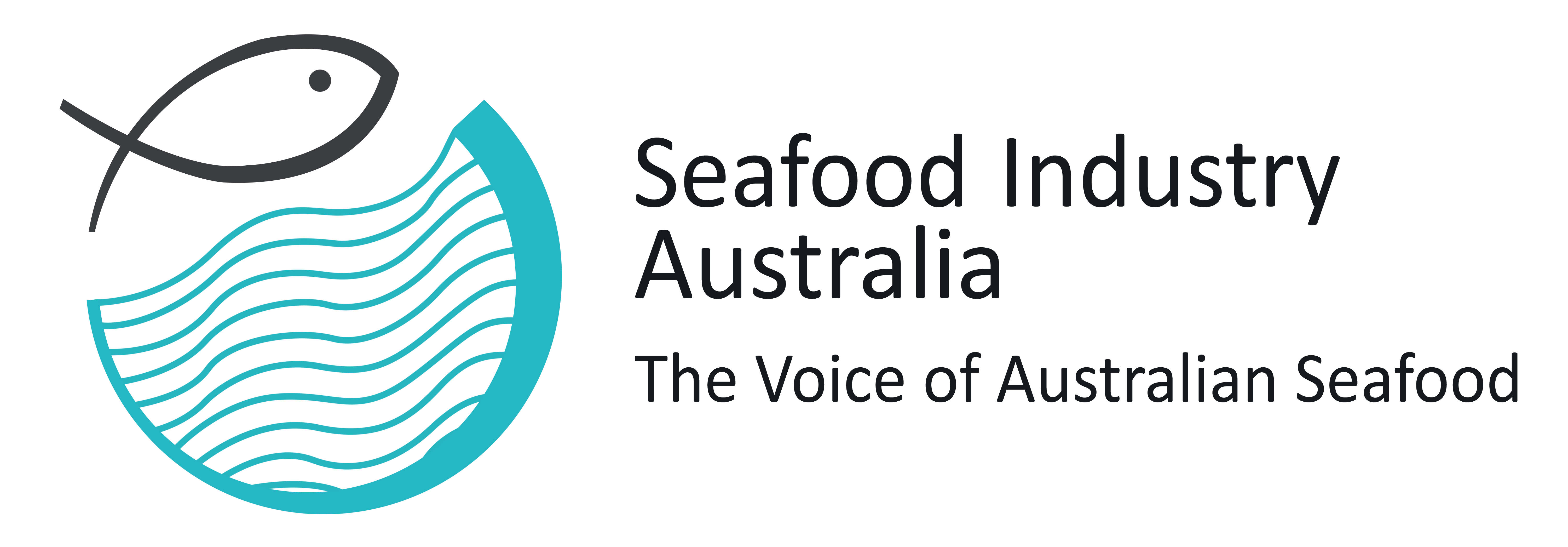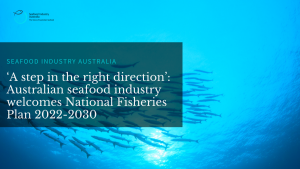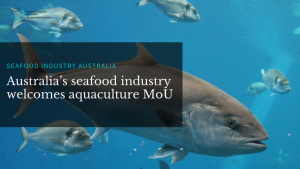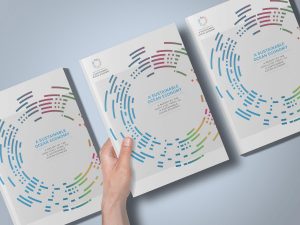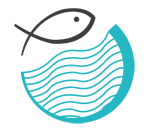
‘Misdirected and confused attack’: Australian seafood industry replies to the fake news on flake
Seafood Industry Australia (SIA), the national peak-body representing the Australian seafood industry, has responded to the “Give Flake a break” campaign calling it a misdirected attack on Australia’s legitimate and sustainable iconic fish and chip industry.
“The Australian Marine Conservation Society (AMCS) has launched what can only be described as a misdirected attack on Australia’s iconic fish and chip industry, and sadly many media outlets have fallen for the ‘good sell’ and not taken the time to research the matter,” SIA CEO Veronica Papacosta said.
“This is actually a story about the discrepancy in Australia’s food labelling laws. All seafood sold in the retail sector must be labelled with the country of origin, however as soon as the food is cooked and sold those laws disappear; meaning consumers cannot readily distinguish between sustainable Australian seafood and non-sustainable seafood.
“Encouraging Australians to stop eating flake in their fish and chips will only negatively impact our legitimate, sustainable Australian fisheries and the foodservice industry; many of whom are still recovering from the horrors of 2020 and the COVID-19 pandemic.
“The majority of flake consumed in Australia is sourced from sustainable domestic fisheries, and encouraging Australian consumers to stop eating ‘flake fish and chips’ simply displaces the issue. In Australia, ‘flake’ is set down by the official Australian Fish Names Standard as being either gummy or rig shark from Australia or New Zealand, of which all four stocks are sustainably harvested. Australia imports roughly 800 tonnes of shark meat annually, and the vast majority is from sustainable, well-managed New Zealand fisheries. The AMCS has incorrectly said flake is a ‘catch-all’ term used to refer to all shark meat, which is simply not the case.
“We again ask the Australian Government to legislate and enforce country of origin labelling for seafood sold in the foodservice sector. The first step to address mislabelling, or absence thereof, is to make labelling mandatory. We suspect the support of the AMCS at the true root-cause of labelling concerns would be a far better use of their time.
“It is important to be clear, the AMCS is in no way responsible for the collection, collation or management of data, or reporting of fish-stock levels for any of Australia’s fisheries. In fact, not 12 months ago the AMCS launched another unfair attack on NSW and VIC Dusky Flathead advising Aussies to steer clear, however they have listed these very same Dusky Flatheads as a recommended ‘better choice’ alternative in their fish and chips to flake. It seems the AMCS are changing their recommendations as it suits them.
“Responsibility for fish-stock data monitoring sits with ABARES (Australian Bureau of Agricultural and Resource Economics and Sciences), who for the seventh consecutive year have endorsed the sustainability of Australia’s Commonwealth-managed fisheries. This is something our commercial fishers are very proud of, and is unprecedented internationally. While the footprint of Australia’s trawlers is one of the smallest in the world. Coupled with our aquaculture sector – who provide fresh, high-quality seafood, year-round – Australian seafood is one of the best managed and most sustainable protein sources in the world.
“Independent information on the true sustainability of Australian seafood can be accessed via the free Status of Australian Fish Stocks Reports app called ‘SAFS – Sustainable Fish Stocks’. This allows Aussies on-the-go access to true, correct and authoritative information on the sustainability of Australian fish stocks.
“Just like the broader community, Australia’s professional fishers care about the marine environment and we understand the need to protect certain species and work to ensure the long-term sustainability of fish stocks. Our oceans are our livelihood, and the livelihood of generations to come.”
Comment from Alan Snow, Project Manager – FRDC Fish Names Committee
“According to the Australian Fish Names Standard, (AS 5300) which determines the standard name to be used for all fish and seafood in Australia, the term Flake can only be used for the two species Mustelus antarcticus & Mustelus lenticulatus or, as they are commonly known, Gummy Shark and Rig,” Mr Snow said.
“The name “Flake” is unique in that it applies to the flesh of the species and not the animal itself. The name Gummy Shark (or the imported species Rig) is the preferred name for the species, but the flesh of the species can be called Flake in the marketplace.”
The Australian Fish Names Standard is administered by the Fisheries Research and Development Corporation Fish Names Committee which determines the correct name for all fish and seafood species in Australia.
For more information please contact Seafood Industry Australia
Media and Communications Manager Jessica McInerney
E: [email protected] or M: 0420 695 431
